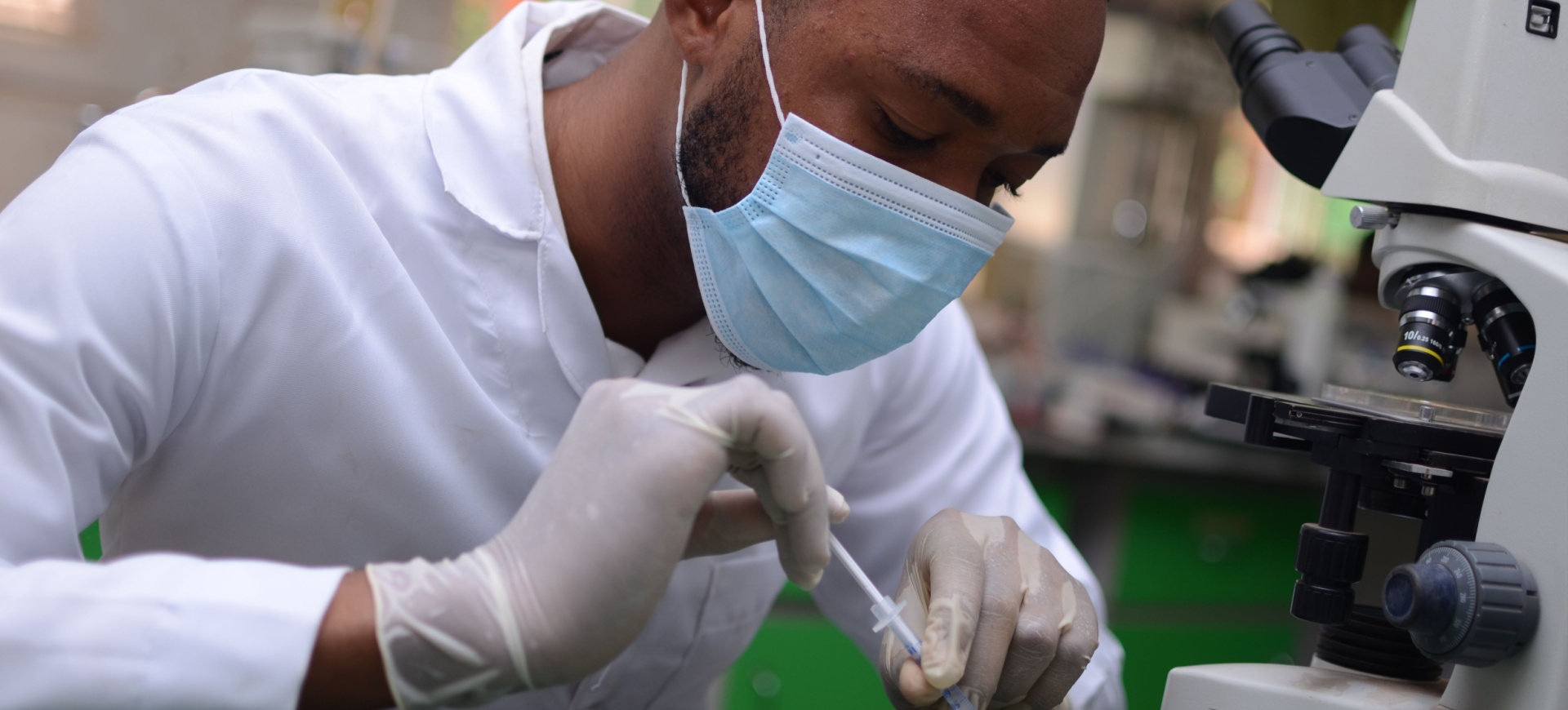Redefining global health in a multipolar world
After Covid-19 exposed the frailties of global health structures, the rising influence of the Global South offers a transformational opportunity for change
The regime for global health developed by major donor countries and philanthropies after the end of the Cold War is not designed to respond to the major changes in today’s complex and multipolar world. After at least 7 million deaths worldwide from Covid-19 (according to official World Health Organization figures) and $82 trillion in damage to the global economy (calculated by Cambridge University), one might have thought that the will for joint global action among states would prevail. There was also a brief hope that the WHO would be significantly strengthened, not least through the negotiation of a pandemic agreement.
But the massive investments required to strengthen health systems in the Global South have been neglected nationally and internationally for 30 years. The investment requirement for building pandemic structures alone is estimated to cost $10 billion each year, while meeting the health targets of the Sustainable Development Goals until 2030 is forecast to cost $134 billion annually. Most countries cannot manage this alone, and development aid or philanthropy cannot finance this. The many global crises are also shifting priorities away from health.
From Global North to Global South
But that does not mean that health cooperation among countries is stagnating – on the contrary. It is being reorganised and redefined very actively with new centres of action and new directions. The new focus combines geopolitical interests with security, competition policy and decolonisation. The hegemony of the Global North has been weakened in global health. This shows itself not only as a political North-South conflict but also as the power to define agendas moving forward. The call for equity and rights is particularly evident in the negotiations for the ‘access and benefit sharing’ provisions in the WHO’s pandemic agreement. New financial initiatives from the Global South – such as the Bridgetown Initiative, which aims to reform the global financial system – have gained traction.
Agenda drivers are the declarations and initiatives of the most recent G20 presidencies of Indonesia, India and now Brazil. In parallel comes a new decentralised focus on national sovereignty, bilateralism, minilateralism and regional alliances that are establishing themselves within global meetings, such as the admission of the African Union to the
G20. South Africa has already announced close cooperation with the African Union to use its G20 presidency in 2025 to advance the economic development of African countries and the Global South. Health will play an important role.
Digital innovation
In the emerging economies of the Global South, demographic development – population growth and ageing – and increasing prosperity are leading to a growing demand for health products and services. Consequently, there is an increasing requirement for investment in innovation and research, secure supply chains, production of active ingredients, access to health data, competition for health personnel, and investment in digital transformation and artificial intelligence. Brazil’s G20 presidency speaks of promoting the ‘health economic-industrial complex’ – an investment strategy that promotes local production and supply chain autonomy based on health priorities, thereby reducing dependencies. This was achieved in vaccine production during the Covid-19 pandemic.
Questions of data infrastructure and data sovereignty are centrally important for the Global South, including in relation to health. China is investing significant resources in the expansion of digital infrastructure, particularly in Africa. In its data sovereignty policy, India consciously draws reference to the colonial past and refuses to allow foreign companies to behave ‘like the East India Company’ and extract valuable health data like raw materials. India’s
goal is to be a global digital leader. It used its G20 presidency to this end and launched a new Global Initiative on Digital Health together with the WHO.
In this uncertain period, the weaknesses of existing processes and organisations are circumvented and cleverly exploited. Trust in common solutions was destroyed during the Covid-19 pandemic. Yet countries remain highly interdependent. No country can solve pandemics and climate change alone. The complex interrelationships of the multiple existing crises are encountering a tired multilateral system with little money, reduced power to act and increasingly blurred responsibilities and accountability processes. Change is imperative. Multipolarity combined with the increase in power – politically and economically – of the Global South carries the potential for major change, the values, norms and policies of which are only just emerging. The G20 carries a high responsibility here.












